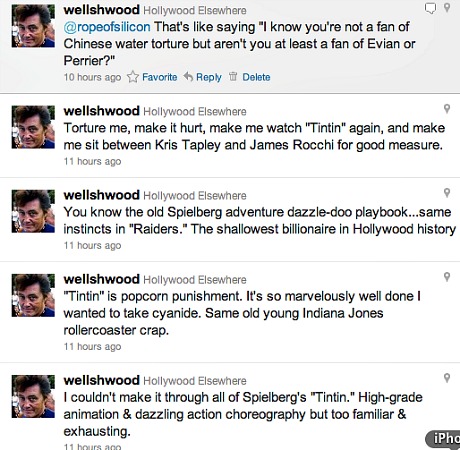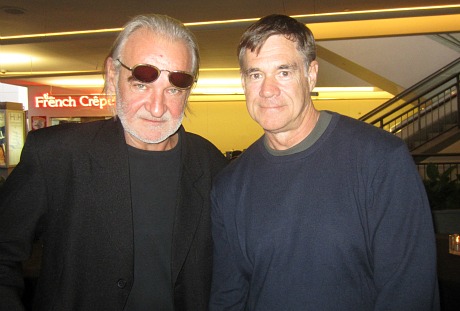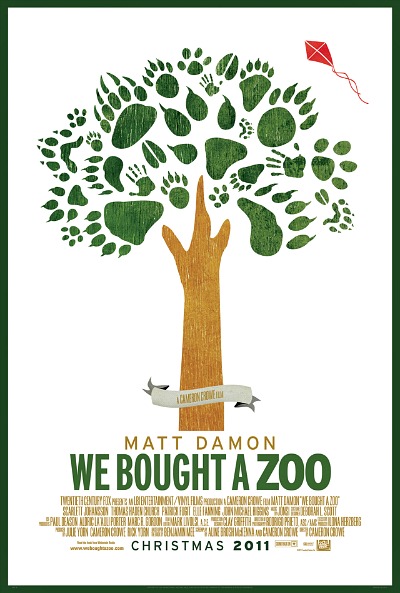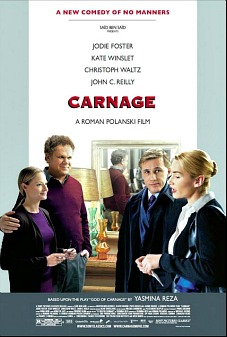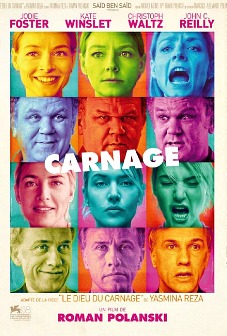Bella Swan “kisses abstinence and mortality goodbye in The Twilight Saga: Breaking Dawn — Part 1 in which the vampire-loving teen gets hitched, knocked up and almost destroyed from within by her little bundle of joy.” But the film, in the view of Variety‘s Justin Chang, “is rich in surface pleasures but lacks any palpable sense of darkness or danger.
“Though filmed with the utmost soft-focus, duvet-wrapped tastefulness, the couple’s wedding night leaves Bella covered with bruises, the bed in tatters, and the audience, presumably, in a puddle of ecstasy. Surely this must be the first movie series so innately fearful of sex (and yet so dependent on its leads’ sex appeal) that even proper conjugal relations come with a note of caution
“Every time the film shifts away from Bella and Edward to address the larger group dynamics, the narrative goes flat and the ensemble’s line readings turn to wood, in large part because this style of dramatization is so at odds with the thrust of the source material.
“Like any commercial behemoth, The Twilight Saga by nature resists any attempt at transcendence, experimentation or risk; that’s especially unfortunate in the case of Breaking Dawn, which is by far the most out-there novel in the series and would have benefited from a dash of Cronenbergian body-horror and, commercial restraints notwithstanding, a willingness to push past a PG-13 rating.
Director Bill Condon “takes the reins capably enough here, though his approach suffers from a certain stylistic anonymity that seems endemic to the material.”

